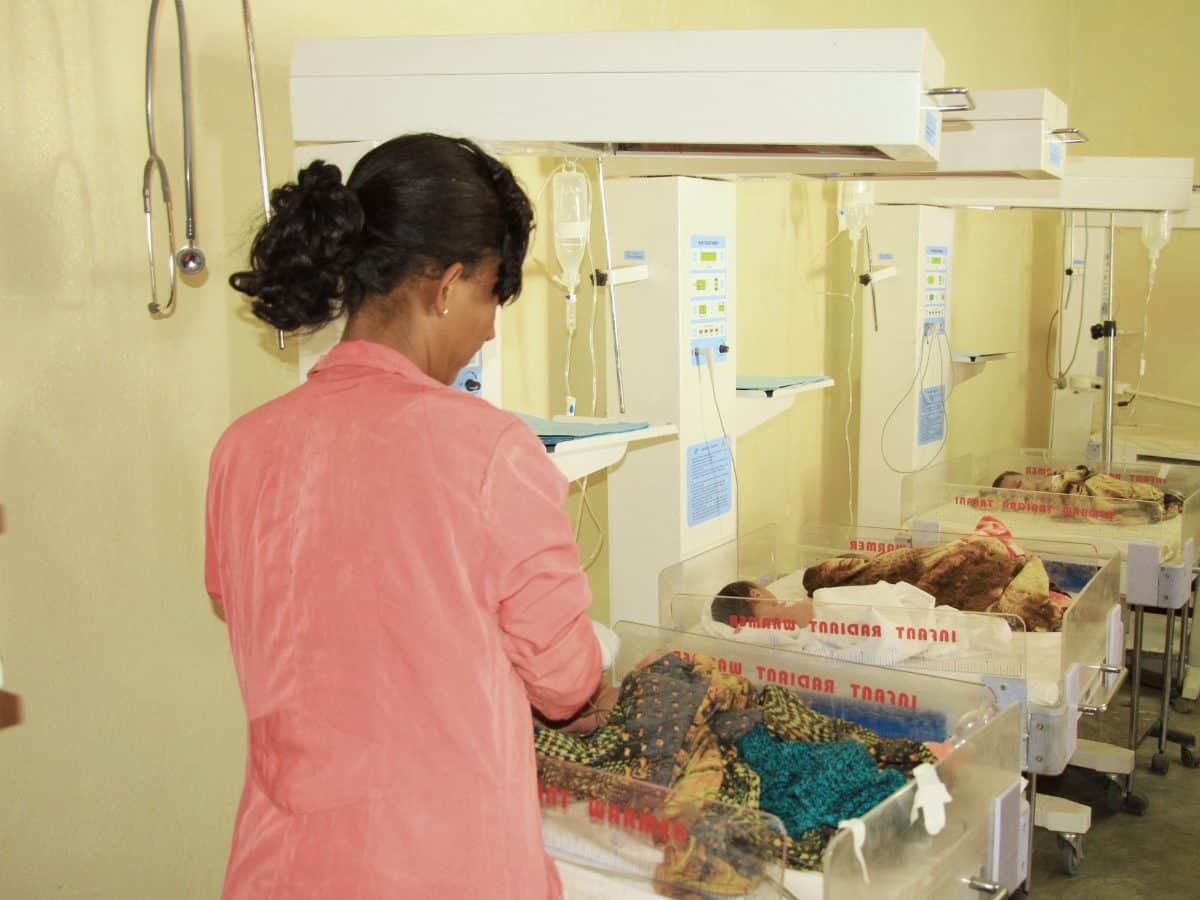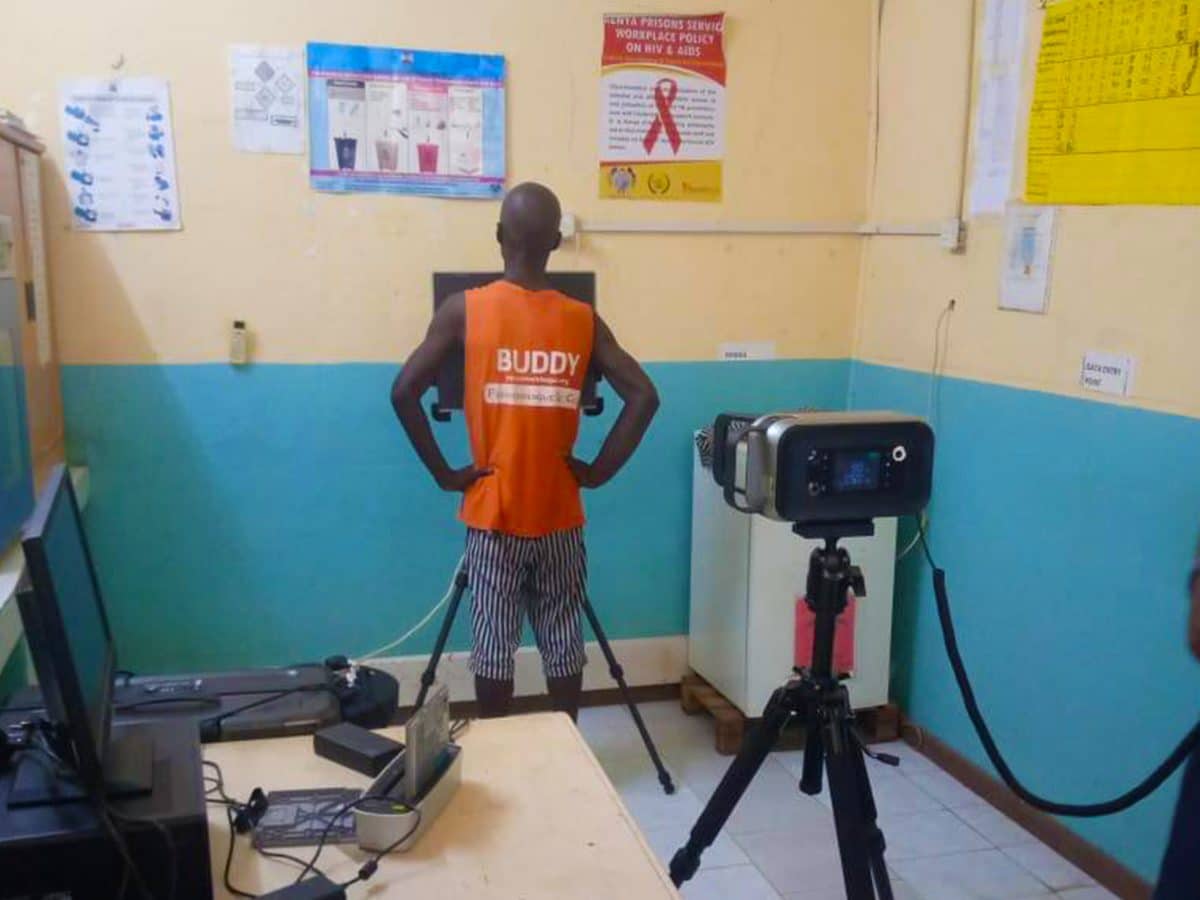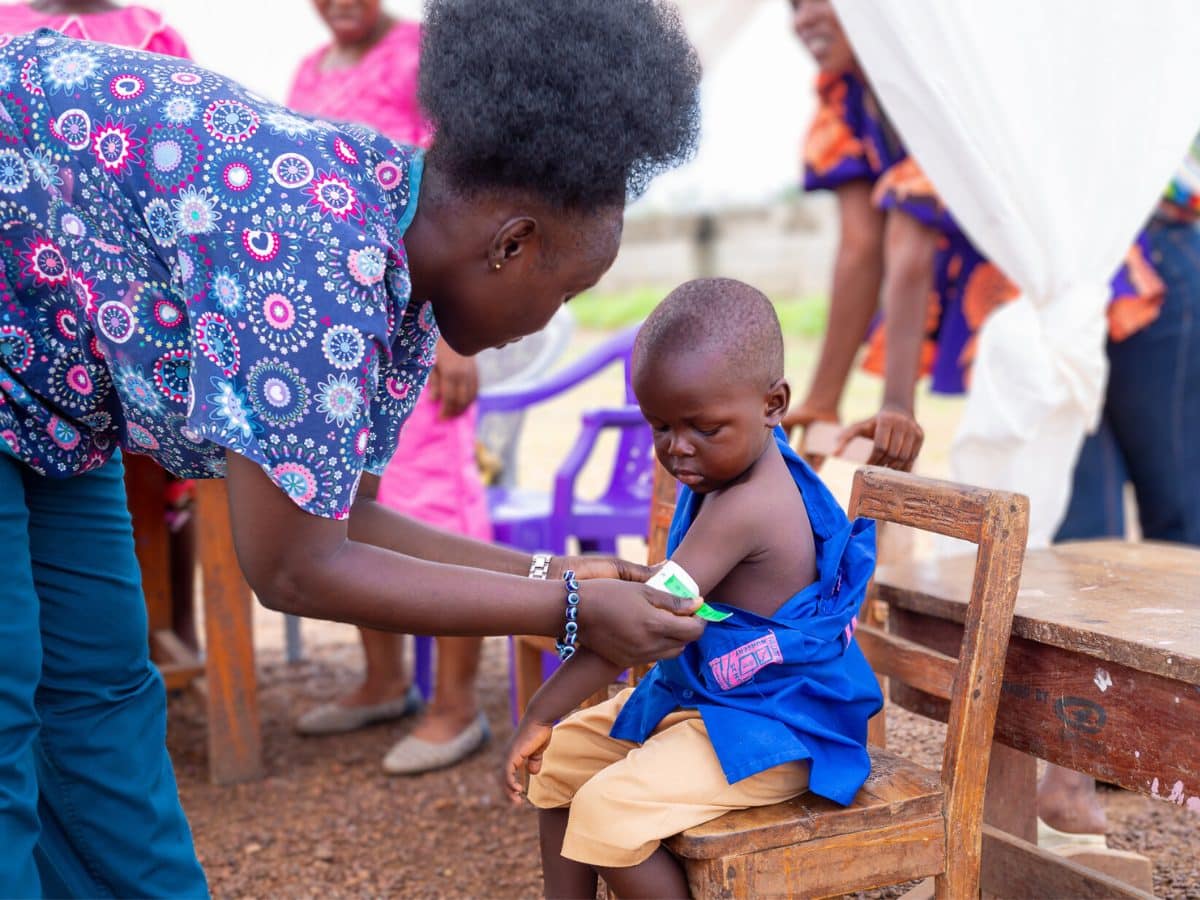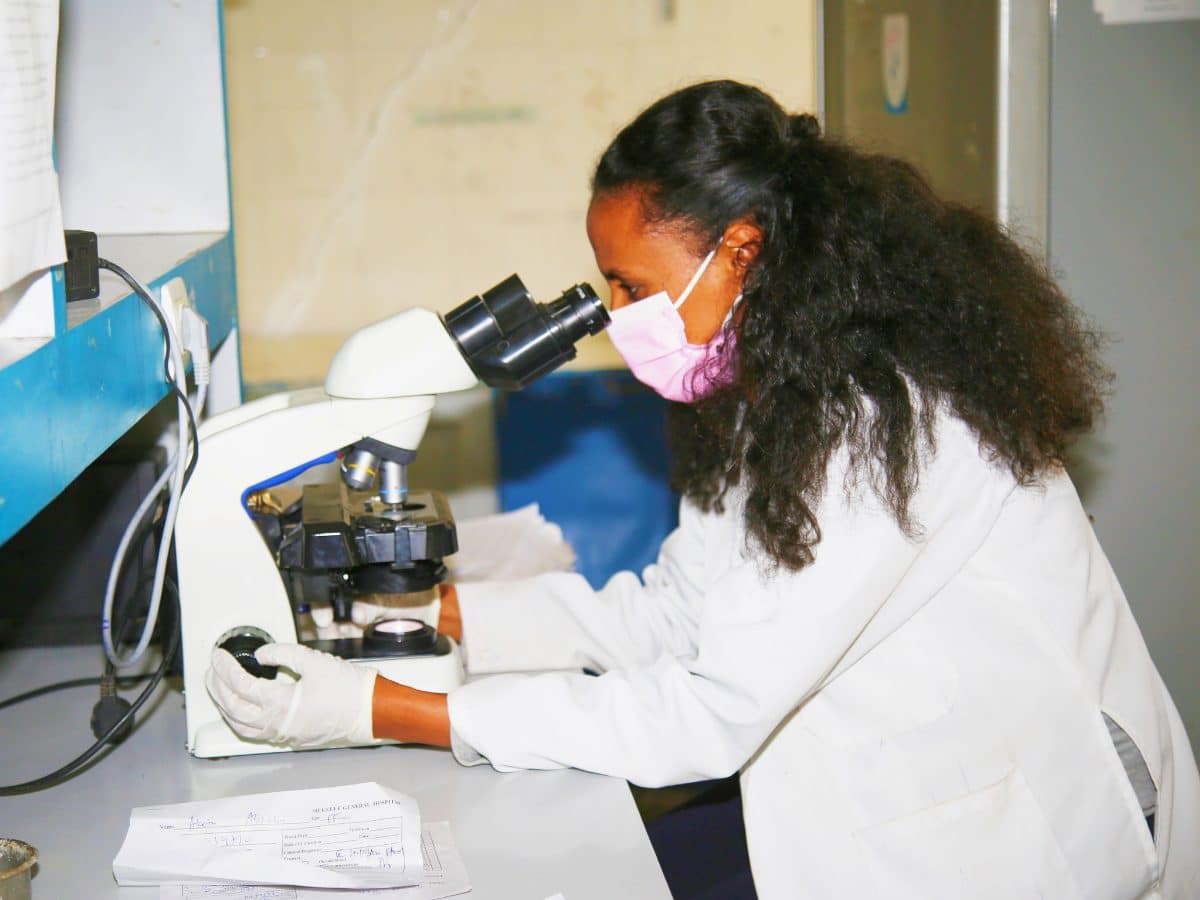A year into the COVID-19 pandemic, organizers held the Conference on Retroviruses and Opportunistic Infections (CROI) virtually on March 6-10, 2021. This year, ICAP continued the tradition of having a large presence at CROI, generating knowledge and sharing solutions that make major contributions to the efficacy and evolution of global public health.
Wafaa El-Sadr, MD, MPH, MPA, founder and director of ICAP at Columbia University, convened and co-moderated several sessions and symposia, including Innovations and Challenges in Testing, Prevention, and Care; Effect of HIV on COVID, Effect of COVID on HIV; and Contact Tracing in Controlling Epidemics: Is the Juice Worth the Squeeze?
Elaine Abrams, MD, senior research director at ICAP at Columbia University, presented the Opening Session, the N’Galy-Mann Lecture, the Welcome and Daily Roadmap during the second Plenary Session, and the third Plenary Session. Additionally, CROI highlighted three publications by Abrams and colleagues in its Science Spotlights: Maternal VL Testing in Breastfeeding for Targeted Infant HIV Testing: A Simulation; Lower Insulin Sensitivity Early in Life Within Utero: HIV/ART Exposure in Botswana; and Retention and Viral Load Suppression Among Adults Living with HIV on ART in Lesotho. ICAP authors presented several posters.
Tiffany Harris, PhD, MS, director of the Strategic Information Unit at ICAP at Columbia University, also presented an oral abstract: Resilience of HIV Services During the COVID-19 Pandemic at Health Facilities in Africa. Harris and her colleagues examined the effect of the COVID-19 pandemic on specific HIV services, including HIV testing, use of antiretroviral therapy, and viral load testing, as well as viral load suppression, at ICAP supported, PEPFAR-funded health facilities in 11 countries.
“We show that while key services and metrics were perhaps initially impacted by COVID, there was a brisk rebound, really demonstrating the resilience of these programs,” Harris said.
About ICAP
A major global health organization that has been improving public health in countries around the world for nearly two decades, ICAP works to transform the health of populations through innovation, science, and global collaboration. Based at Columbia Mailman School of Public Health, ICAP has projects in more than 30 countries, working side-by-side with ministries of health and local governmental, non-governmental, academic, and community partners to confront some of the world’s greatest health challenges. Through evidence-informed programs, meaningful research, tailored technical assistance, effective training and education programs, and rigorous surveillance to measure and evaluate the impact of public health interventions, ICAP aims to realize a global vision of healthy people, empowered communities, and thriving societies.








